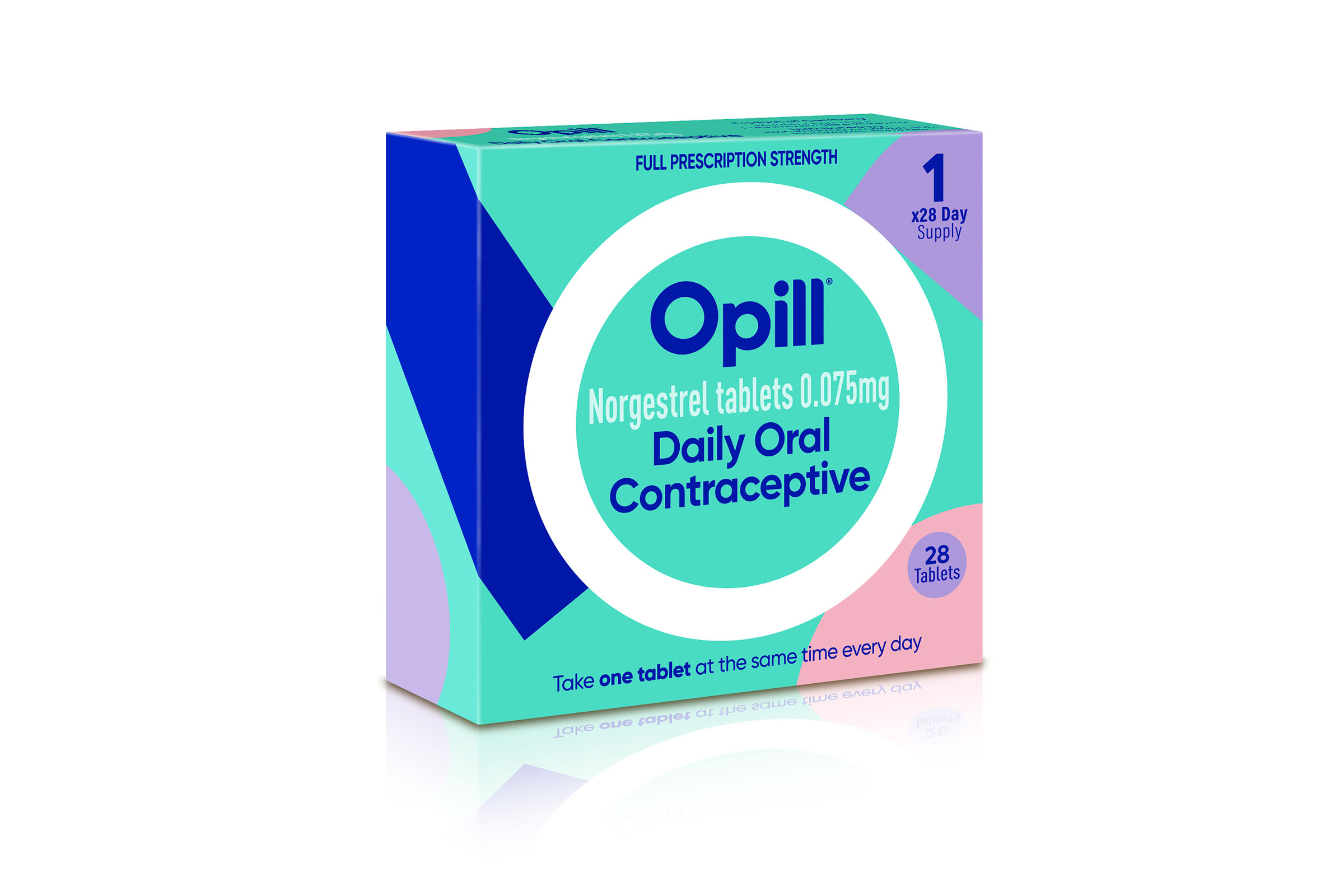
On May 10, a U.S. Food and Drug Administration (FDA) expert panel voted unanimously to make an oral contraceptive pill available over-the-counter. If the FDA adopts the panel’s recommendation, the birth control pill, which is currently only available by prescription, would become the first oral contraceptive that women can take without medical supervision.
“This represents a landmark in the history of women’s health,” said Dr. Margery Gass, emeritus professor of obstetrics and gynecology at University of Cincinnati and FDA panel member in explaining her vote in favor of making the drug, called Opill, available over-the-counter.
The recommendation comes at a precarious time for women’s reproductive health in the U.S. After the decades-long federal right to abortion was overturned, states are instituting new abortion bans, and access to the abortion pill mifepristone is in legal limbo. The need for an accessible form of nonprescription contraception that’s more effective than currently available methods—like condoms—factored heavily in the committee’s decision.
Even though the 17 members of the panel, who were independent experts in women’s health and patient behavior, voted unanimously, they had concerns about some of the data that Opill’s maker, HRA Pharma Perrigo, submitted to support its switch to a non-prescription status. FDA scientists raised questions about the validity of the main study demonstrating that women could safely and effectively take the pill without the aid of medical professionals, and disagreed with some of the company’s interpretation of that data.
Because Opill is already an approved prescription medication, the FDA panel mainly focused on whether women could, on their own and without a clinician’s or pharmacist’s supervision, take the pill safely and effectively. The panel considered whether women would use the drug appropriately, and whether women for whom the drug is not recommended—including those who have breast cancer and those with abnormal bleeding between periods—would know from the package labeling that taking the drug would be potentially risky for them. (Because Opill is progestin-based, it is not indicated for women who are currently being treated for or have a history of breast cancer, since some breast tumors are fueled by the hormone.) The FDA required the company to perform tests simulating how women would read the drug’s label, and how well they understood instructions and warnings about its use.
More from TIME
Read More: All Types of Hormonal Birth Control Share a Slightly Increased Risk of Breast Cancer, Study Says
The FDA found that the company interpreted data in ways that inflated comprehension and adherence. For example, about half of the women who originally enrolled in the study dropped out: a percentage that the company said reflects the attrition of pill-taking in the real world, but which the FDA found contributed to unreliable outcome data. The FDA also raised concerns that about a third of the women in the study reported taking more doses in their electronic diaries than they were supplied, which sparked additional questions about whether women would take the pills appropriately and consistently on their own. They were also worried that teens and people with lower health literacy, for whom the label’s instructions might not be sufficient, could also use the drug improperly.
For these reasons, the FDA panel members found that the studies the company conducted were either mixed or did not support such unsupervised use.
But despite their data-collection concerns, the committee decided that overall, the potential benefits of over-the-counter birth control pills—which include increased access to birth control and fewer unintended pregnancies—outweighed the potential risks of inappropriate use. Many doctors on the panel also acknowledged that women who are currently prescribed Opill don’t get much additional counseling or more visits and often only see their physicians once a year for refills. “There is no evidence that women would use the medication properly or be better managed with a medical professional,” said Dr. Leslie Walker-Harding, professor and chair of pediatrics at University of Washington, in explaining her vote in support of the switch.
During the open public hearing, women’s reproductive rights advocates, patient groups, and health experts made the case that having this option is critical for women to make informed reproductive choices. The American College of Obstetrics and Gynecology (ACOG), the American Medical Association, and the American Academy of Family Physicians, among others, all support an over-the-counter birth control option. “Our patients are now smarter than ever before with all of the information available via multiple channels,” Dr. Aparna Sridhar, associate professor of obstetrics and gynecology at University of California, Los Angeles, tells TIME.
“This is an issue about patient autonomy,” said Dr. Kristyn Brandi, assistant professor of obstetrics, gynecology, and women’s health at New Jersey Medical School during a briefing not connected to the committee meeting. “I want my patients to make the choice about what works best for them. I trust my patients to take a prescription and use it based on the instructions on the label. That doesn’t change if they are accessing a medication over-the-counter.”
The committee’s recommendation now goes to the FDA commissioner, who will make the final decision on whether to approve a switch from prescription to nonprescription status.
More Must-Reads from TIME
- Cybersecurity Experts Are Sounding the Alarm on DOGE
- Meet the 2025 Women of the Year
- The Harsh Truth About Disability Inclusion
- Why Do More Young Adults Have Cancer?
- Colman Domingo Leads With Radical Love
- How to Get Better at Doing Things Alone
- Michelle Zauner Stares Down the Darkness
Contact us at letters@time.com